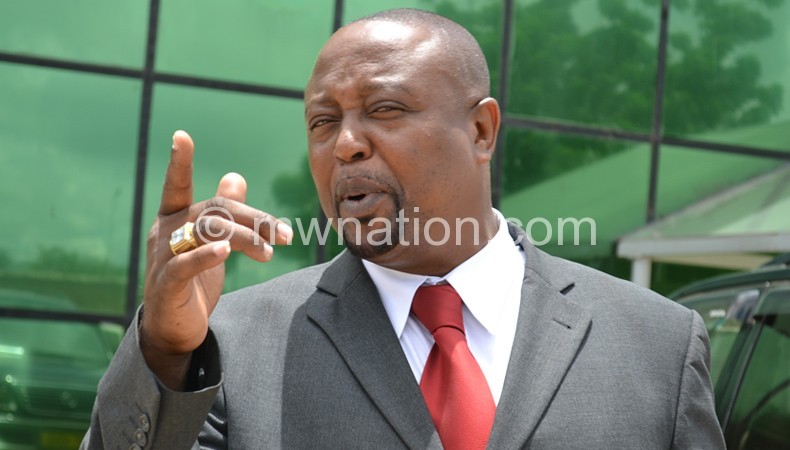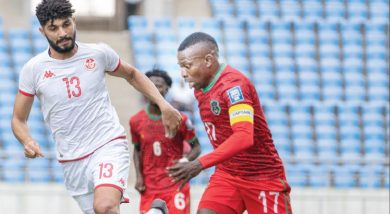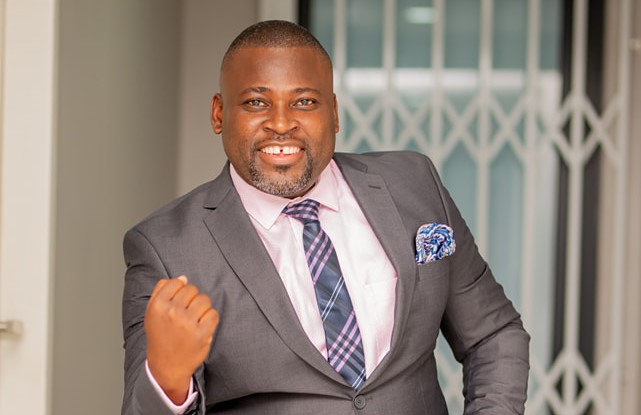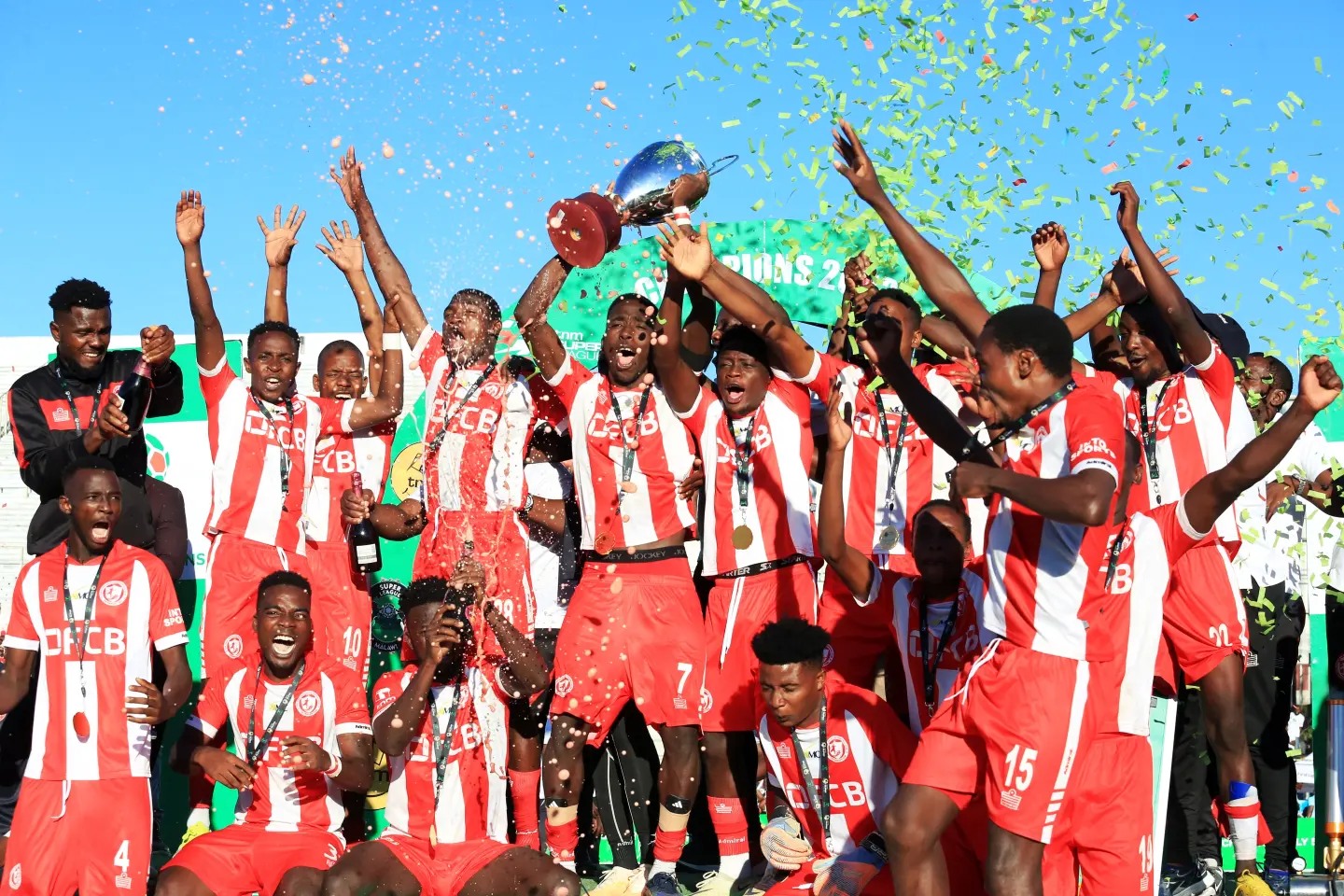‘Local players not marketable’
A drop in demand for Malawian players on the foreign market due to the Flames poor ranking has affected intermediary system which Fifa introduced introduced last year to replace player agents.
Football Association of Malawi (FAM), following Fifa regulations, outlawed player agents and introduced intermediaries with effect from June 28 this year.

FAM invited applications from interested individuals to become intermediaries, but up to now, no one has shown interest.
Renowned former local agents Kondie Msungama and Ben Chiwaya said the loss of interest is related to the drop in demand for Malawian players.
Msungama said: “The main reason for the loss of interest in the agent or intermediary role, as it is being called now, is the drop in demand for Malawi players. These days if you sell a player it’s mainly in Mozambique and rarely in South Africa. Being an intermediary is a 50-50 situation. You can sell a player or you cannot. So, you invest heavily in the trade, but at the end of the day, you are not sure if you will gain something. That is the main challenge.
“The other challenge is that even if you sell a player the money involved is too small and the commission you get also becomes small. Our main problems is the Flames’ Fifa ranking. If we were highly ranked, we could be talking of selling players overseas where an intermediary can get huge sums of money. These things go together—if we can improve our football, more foreign clubs will have interest in them.”
On his part, Chiwaya said: “Apart from the Flames struggles, the interest in Malawian players has dwindled because they feel they can get better players in countries such as Zimbabwe and Zambia. There are also players from West Africa and South America flocking to South Africa these days.”
Former Blue Eagles winger Micium Mhone was the last local player to be signed by a South African club Jomo Cosmos. Muhammad Sulumba could have been next but his deals with Cosmos and Polokwane City fell through.
FAM player transfer matching system manager Casper Jangale said they were aware of the effects of the absence of intermediaries.
“But there are no short-cuts to success. We need not bend the rules for the sake of it, lest it backfires in our face. Managers are welcome these days because they don’t need a licence from Fifa and there are many coming out. As for intermediaries, these are the ones who deal with the actual transfer of players. They have to be licensed by Fifa. For these we ought to be strict because big monies and movement of players are involved,” he said.
Meanwhile, in the absence of intermediaries, FAM has advised players to consult the association before signing a contract.
He said: “Before committing to a contract, there is need for them [players] to either go through the contract or consult someone to highlight what is contained in it for them. FAM is willing and ready to offer that advice. They should also ask for at least four copies—a copy each for the player, FAM, Super League of Malawi and the club.”
Jangale also agreed with Msungama that people might be shunning the intermediary role because of the fees involved.
The intermediaries took over the role of agents to conclude an employment contract between a player and a club, or conclude a transfer agreement between two clubs.
In the absence of intermediaries, most players we interviewed said they rely on officials from their parent club.
But this has been problematic. Recently, Nyasa Big Bullets striker Sulumba’s deal collapsed after the club’s official pocketed K4 million from South African club Polokwane City as part payment but did not remit the fee to Bullets.
Sulumba said in an interview that he has resorted to an intermediary from South Africa to negotiate future deals.
In September, another Bullets player Dalitso Sailesi accused his club of short-changing him in contract negotiations after he signed a four-year contract at K1.2 million and K120 000 salary.
The midfielder blamed the club’s officials for not giving him the right advice when he was signing the contract.
Last month, Blue Eagles resorted to asking their former player Micium Mhone to negotiate with his South African club Jomo Cosmos for the payment of K7.5 million outstanding balance of his transfer fee, contrary to Fifa regulations which puts that responsibility to an intermediary. n





